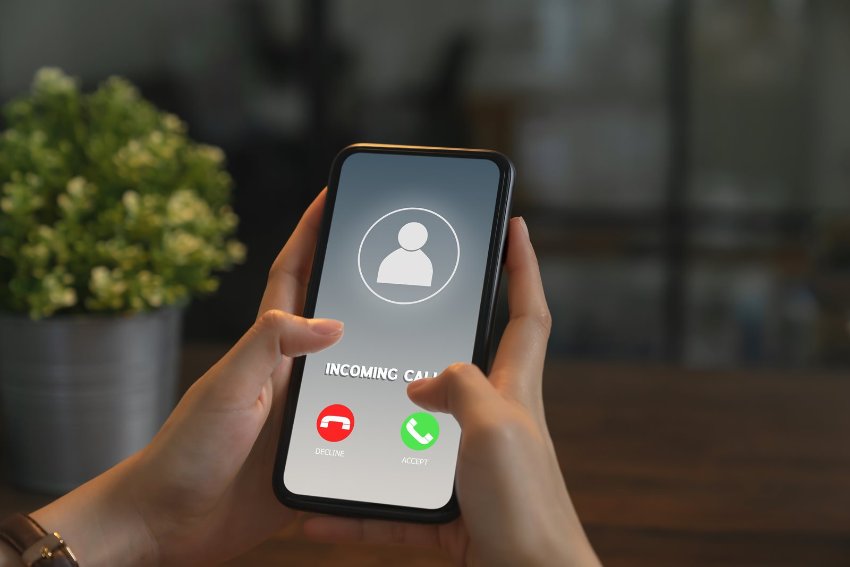
What You Need to Know About Caller-ID Spoofing
Credit union members in the Denver-Metro area have recently been targeted in a caller-ID spoofing scam. This happens when a scammer deliberately falsifies the phone number showing up on your caller-ID display. It appears as though the call is coming from your credit union, but it’s not. It’s just a scammer trying to get your personal information.
How Does Caller-ID Spoofing Work?
Scammers use software that’s relatively easy to get. The software lets scammers input any phone number they choose, which then appears on your caller-ID when you receive the call. Scammers will typically try and use local phone numbers or phone numbers from a company you already know. When you answer, the scammer pretends to be a credit union employee trying to get personal information from you. They will then use the confidential information you give them to access your financial accounts.
Always Use Caution
When Providing Personal Information You should always be cautious about giving personal information over the phone, no matter if you recognize the phone number or not. Keep in mind, Partner Colorado and any other financial institution, will never ask for confidential or sensitive information by phone (such as passwords, account numbers, Social Security Number, etc.) unless a member has initiated the communication first. We will not call you to request such information.
How to Avoid Caller-ID Spoofing
Scammers are very good at what they do and make it difficult to tell the difference between a real and fake phone call. While it’s challenging to completely avoid spoofing, there are steps you can take to protect yourself.
Be Skeptical of Unsolicited Calls
If you receive an unexpected call asking for personal information or some type of payment, hang up and verify the request by contacting the organization directly using a known and trusted phone number. Don’t answer calls from unknown phone numbers and always use caution when pressured for information.
Use Call Blocking and Filtering Services
Many phone providers and third-party apps offer call blocking and spam filtering services that can help reduce the number of unwanted calls you receive. You can find more information about robocall blocking here.
Set a Voicemail Password
If you have voicemail, set a password for it. Some voicemail services are preset to allow access if you call in from your own number. A scammer could spoof your phone number and gain access to your voicemail if there’s no password.
Educate Yourself
Awareness is one of the most powerful tools. By staying informed about current spoofing trends and sharing the information with others, you can help create a more cautious and informed community.
How to Report Caller-ID Spoofing
You can report fake phone calls to local law enforcement and the Federal Communications Commission (FCC). This agency has taken measures such as the Truth in Caller ID Act, which prohibits spoofing with the intent to defraud, cause harm or wrongfully obtain anything of value. You can also notify your credit union if you think you’ve received a fake phone call from them.
Caller-ID spoofing is becoming more and more popular. By understanding how it works and taking proactive steps to protect yourself, you can reduce the risk of falling victim to this scam.






